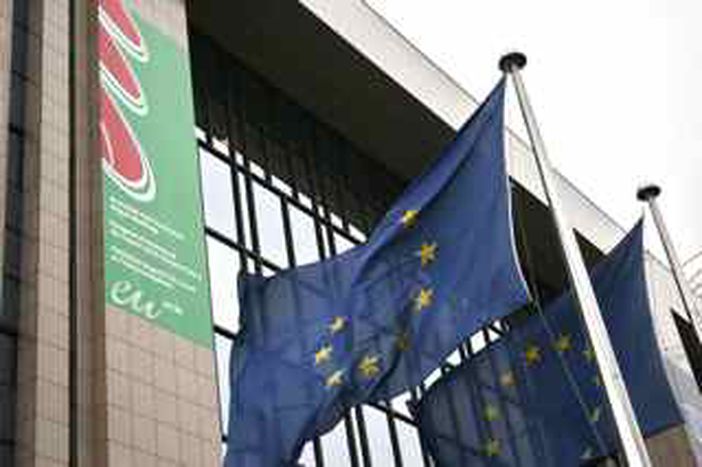
Rough sailing for Hungary
Published on
By Eva Donelli Hungary took over the six-month rotating EU presidency from Belgium on the 1st January and had a bit of an awkward time. Cafebabel would like to take this moment to chronicle the low points of the presidency so far, and talk to some hacks particularly affected by the most famous of these "shortcomings".
A media law that, according to press advocates, 'turns the clock back to the days of Communism,' has been followed closely by the "Hungarian carpet scandal" in Brussels.
The new controversial Hungarian media law: “provides the National Media and Communications Authority’s (NMHH) Media Council with the authority to impose fines on private newspapers, websites, broadcasters, and other content-providers that have violated press rules on “balanced” coverage as well as immoral reporting”.
The media law has been sharply criticized by press freedom watchdogs and by European journalists, and is also a matter of concern for the EFJ (European Federation of Journalists) who claimed that “Hungary is in breach of the Charter for Fundamental Rights and Article 11 on media freedom and pluralism and calling for European institutions to vigorously monitor the impact of the new law on citizens' rights.”
"The extension of the law’s application to those in the media majority to the smallest media outlets is abusive" according to Lorenzo Consoli, from the International Press Association in Brussels. He went on to say that a “Media Council in the hands of a majority doesn't guarantee a democracy”. "I am not in favour of regulating the press" said Gyevai Zoltan from the Hungarian magazine Figyelo defiantly. He went on to say: “Even if the alleged reasoning the government provides is to fight against extremism in the press, I believe that it is up to the press to keep the press in check on the state and not the other way around".
Another embarrassing gaffe that has drawn Hungary to the attentions of the press was a map on the carpet in the Council's atrium depicting Hungary from the year 1848 rather than 2011, which has been seen as an effort to steamroll over certain periods of historical record. Zoltan called this an "exaggerated reaction" and an Anti-European sentiment. He went on to explain that "It is an Anti-European tendency to link history with actual politics, and revisionism, which was definitely not our intention.”
That’s not to say that this will hang around the neck of the Hungarian presidency forever. Zoltan went on to remark: "This is an opportunity for Hungary to fight the prejudices people have about us, evident in the Western press". I feel from speaking to him that although Hungary finds itself cast about in choppy waters, these will subside over time giving way to smoother sailing.



